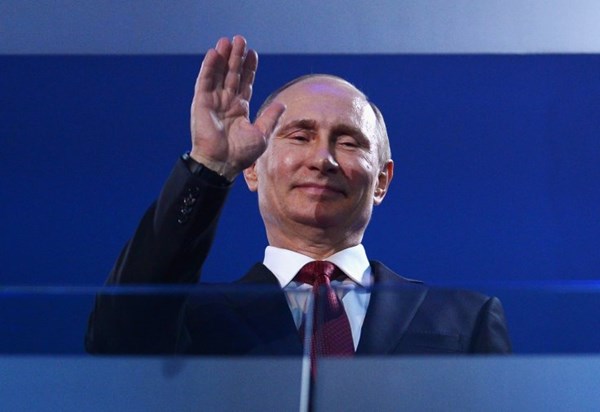Poll: Putin's ratings fall to historic lows
President Vladimir Putin continues to lose "approval" and "trust" in the eyes of Russians who are confined in quarantine, deprived of income and consider the government’s support to be insufficient, the sociological research organization, Levada Center has found.
The poll, conducted on April 24-27, showed the President has the lowest ratings in his 20 years in office - both using "open" and on "closed" method of questions.
As sociologists found out, at the end of April, 59% of respondents "were satisfied" with Putin's activities. This is 4 percentage points lower than in March, 10 percentage points lower than in January, and 26 percentage points lower than the post-Crimean peak (85% in March 2015).
The share of those who disapprove of the president's work fell from 36% to 33% of respondents but is still almost double the numbers of 2015-17 (14-17%).
The number of those who are undecided has increased sharply - from 2% to 8%, signaling the growing bewilderment of citizens in connection with the policy of the authorities.
The "trust" rating for Putin, which is obtained through an "open" question, where the respondents are asked to name the person they trust, has dropped to 28 percent, according to Levada.
In a little more than two years Putin lost half of the public's approval. In November 2017 it was 59%, in June 2018 - 48%, in March 2019 - 41%, in January 2020 - 35%.
The social profile of the respondents, who said they trust Putin, looks as follows: these are usually people with a secondary level of education, elderly (40%), more often women with modest income, more often - residents of small towns, notes the head of the Levada Center Lev Gudkov.
Below the average is the confidence in Putin among young people (12%), among more educated respondents, and - and markedly - among the low-income residents (22%).
Putin's support remains the same, Gudkov argues, among social and cultural minorities, groups with limited social capital and opportunities to change their lives for the better, and who are therefore more conservative. "However, against this background there are new phenomena: growing discontent of the poorest, who place responsibility on the government, the administration, because they do not receive the expected assistance in the situation of the growing economic crisis and see the prospect of losing their livelihoods very soon," the sociologist sums up.
